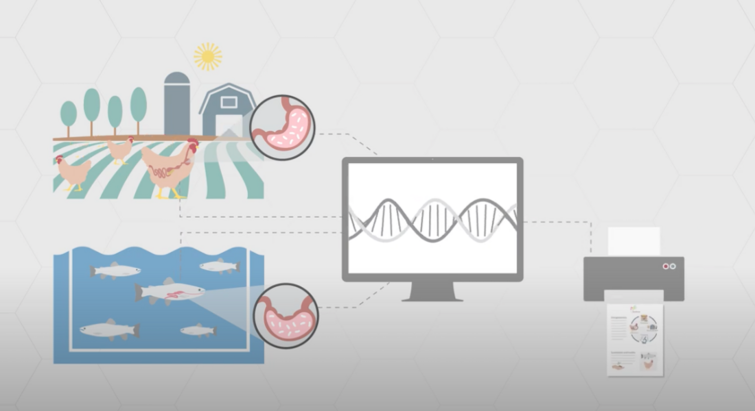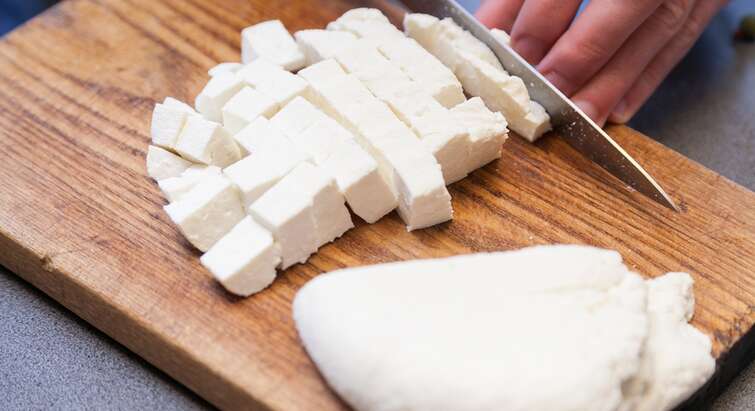
News about Food
Viser 25 til 48 af 172 dokumenter.


Popular cooking cheese made with peas yields same taste and texture
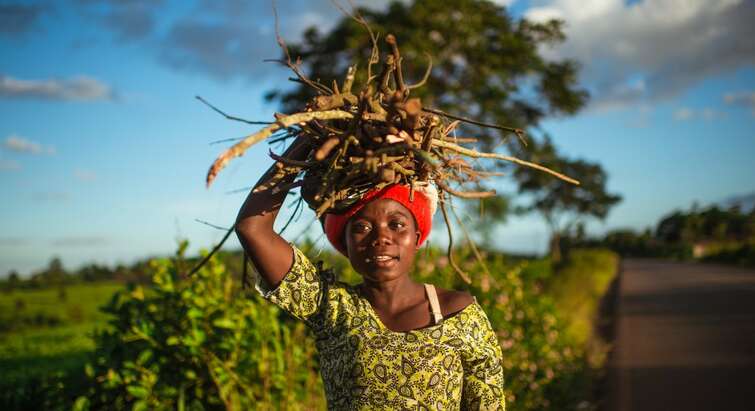
What we can learn from Malawi: Trees can benefit health, economy and climate
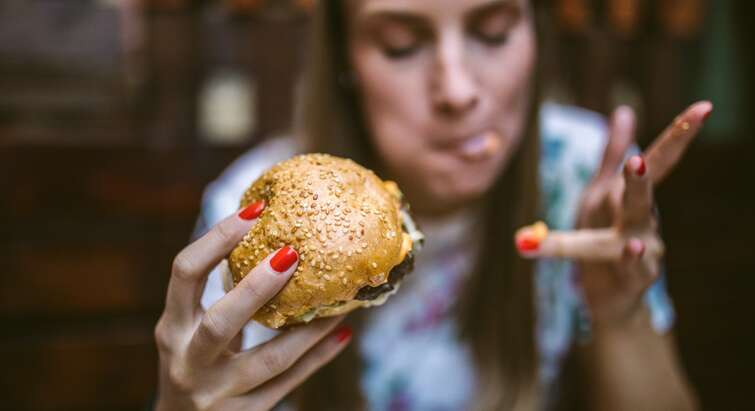
New Research: Strong Link Between Western Diet During Pregnancy and ADHD

New Research: Strong Link Between Western Diet During Pregnancy and ADHD
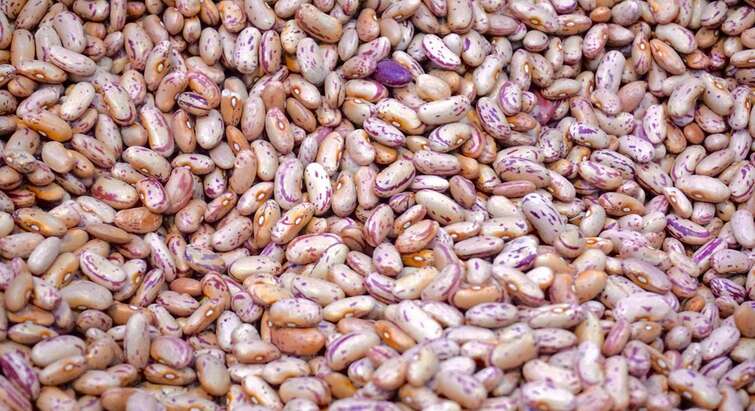
50 million to revolutionize sustainable plant-based food production
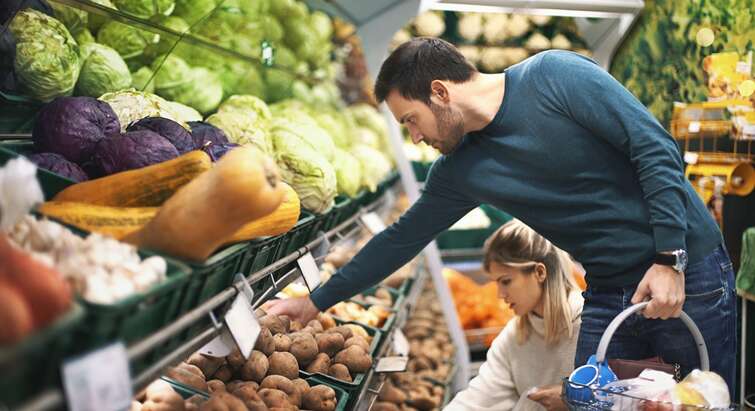
VAT adjustments could save 170,000 lives a year in Europe
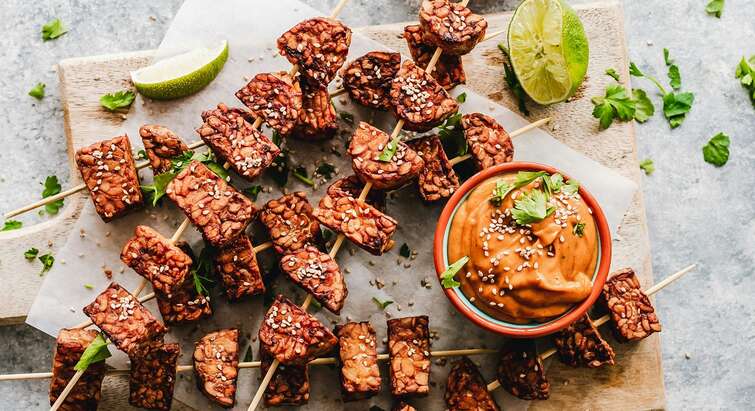
Unlocking the protein digestibility of Nordic tempeh
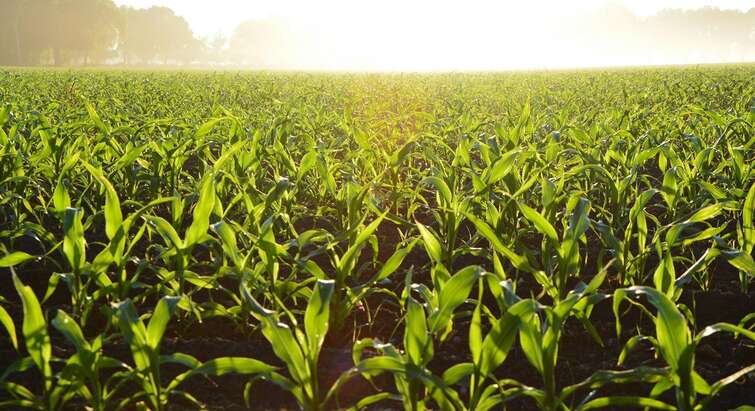
Green food production needs more green measurements

How chemical reactions deplete nutrients in plant-based drinks

How chemical reactions deplete nutrients in plant-based drinks

Using food research expertise for genetic diagnostics

Researchers eliminate the gritty mouth feel: How to make it easier to eat fiber-rich foods

Researchers eliminate the gritty mouth feel: How to make it easier to eat fiber-rich foods
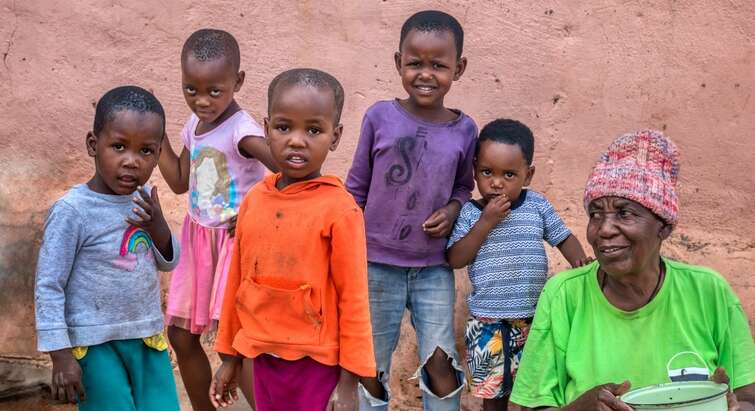
Children's gut bacteria may hold the key to diarrhea treatment

Children's gut bacteria may hold the key to diarrhea treatment
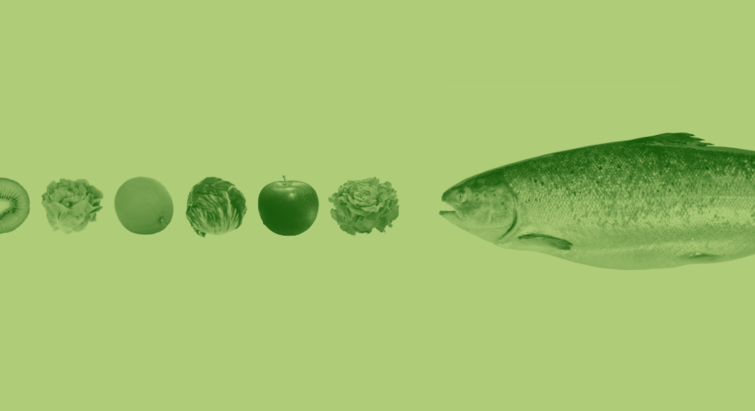
‘Vegetarian’ salmon might lead the way to better health for humans and fish

‘Vegetarian’ salmon might lead the way to better health for humans and fish

‘Vegetarian’ salmon might lead the way to better health for humans and fish
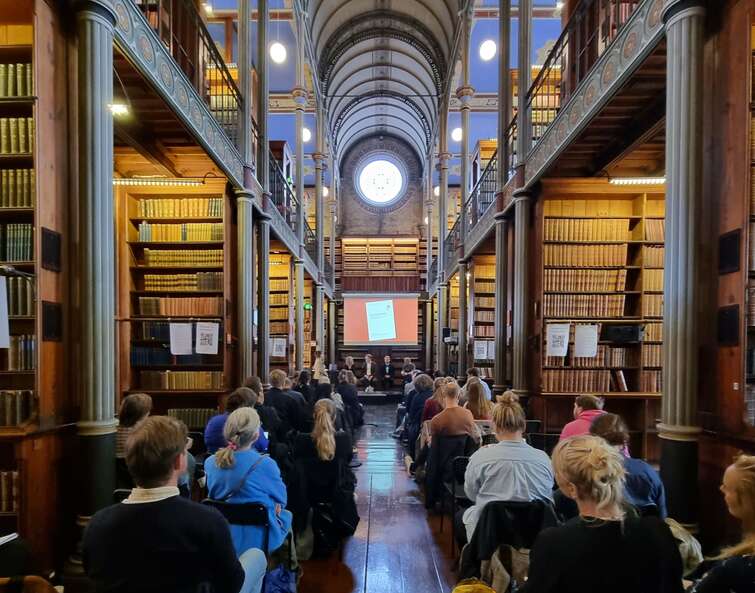
Event in connection with new report: Let's talk about food waste
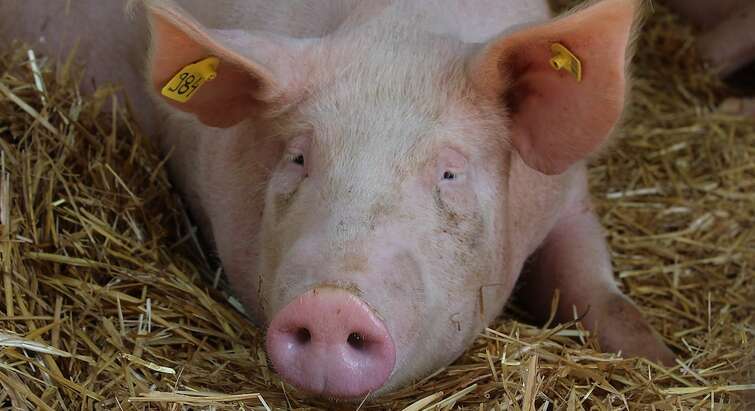
Why is welfare pork so expensive?
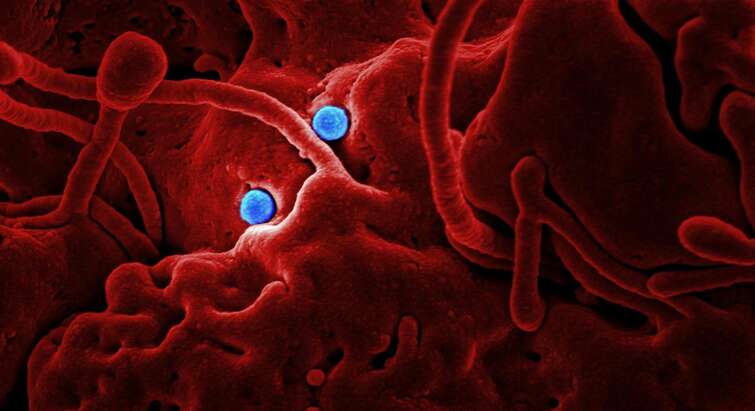
Common rheumatic disease can be prevented through the gut
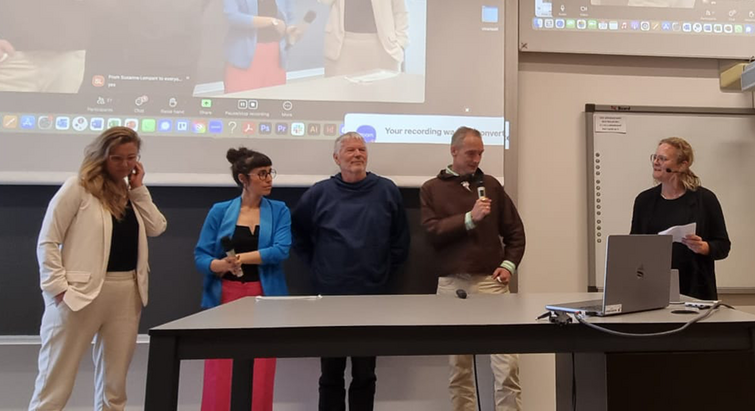
Health in Greenland - local and global perspectives
